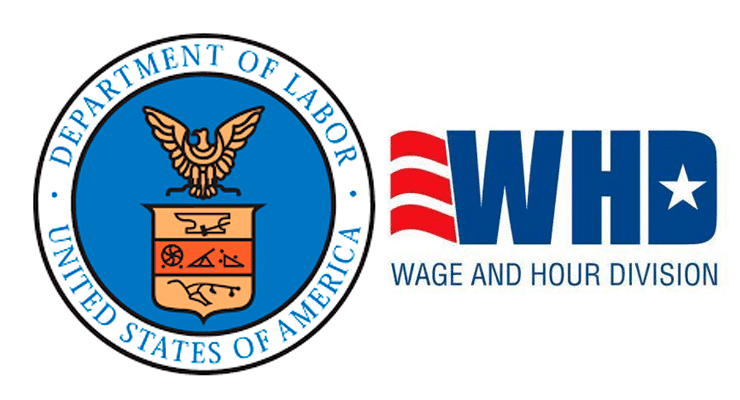January 13, 2023
This week, the Department of Labor (DOL) and Office of Management and Budget (OMB) issued a memo directing all agencies to designate “agency labor advisers” who are responsible for advising agencies on “Federal contract labor matters.” FAR Part 22 contemplates the appointment of “agency labor advisors,” and requires contractors to contact them about potential labor disputes or questions; however, DOL and OMB found not all agencies have such a role.
DOL and OMB also announced the creation of the Contract Labor Advisor Group (CLAG), an interagency working group comprised of labor advisors and acquisition professionals that will “promote better understanding and implementation of contract labor laws and improved communication across agencies in support of a strengthened Federal contracting base.”
While neither the DOL/OMB memo nor FAR Part 22 defines “Federal contract labor matters,” DOL and OMB’s stated intent behind designating labor advisors and creating the CLAG is to address and prevent labor violations through greater communication between the government and its contractors about federal contract labor matters, including emerging issues like the federal contractor minimum wage, non-displacement of service contract workers, and the expansion of project labor agreements. Labor advisors and the CLAG will also develop training for the federal workforce and contractors on labor law issues. The CLAG’s role will also include promoting “labor peace,” in part by promoting pre-contract agreements between an offeror and any labor organization seeking to organize the offeror’s employees to assure the uninterrupted delivery of services during contract performance.
Agencies must designate their labor advisors by February 15, 2023. We will continue to monitor these developments.









